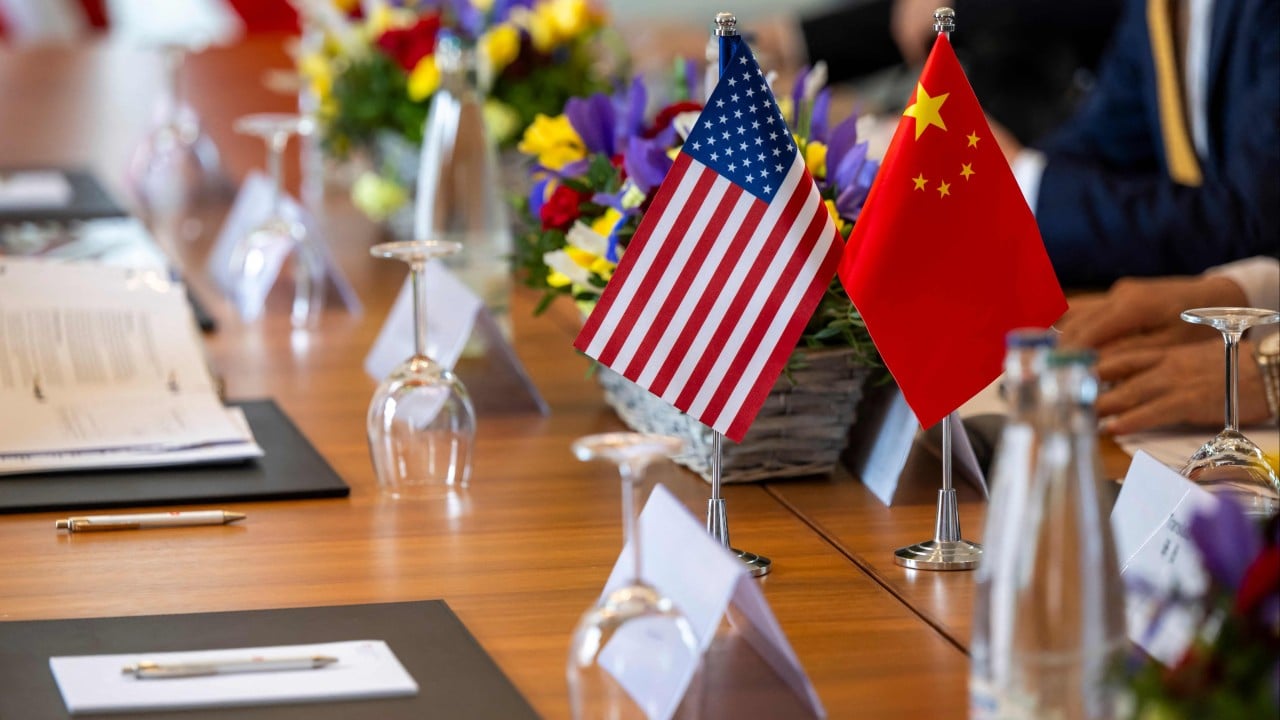While the US-China talks in London earlier this month suggested Beijing had the negotiating edge over Washington’s other major trading partners, observers warn that China may need to temper expectations of a restoration of senior-level exchanges.
Advertisement
US President Donald Trump’s competing priorities – both domestically and internationally – could distract his administration from the pressing need to establish a lasting agreement on US-China trade relations, they said.
But while the Trump administration remains in the early stages of formulating its China policy, Beijing should advance a leader-driven process to stabilise bilateral ties, laying the groundwork for a trade agreement ahead of a potential summit.
Sourabh Gupta, a senior policy specialist with the Institute for China-America Studies in Washington, said the framework reached in London was “a genuine de-escalation of trade tensions”.
“At least, that’s how the two sides envision it,” he said, noting that the framework essentially marked a return to last month’s Geneva agreement, with both parties having “a vested interest in getting to ‘yes’ on a trade deal”.
Advertisement
According to Gupta, the outcome of the talks – alongside the first call between Chinese President Xi Jinping and Trump since the latter started his second term – has placed China as a “front-runner” in Washington’s negotiations with major trading partners.
While the London framework represents a temporary truce rather than a comprehensive deal, no other US trading partner has secured a comparable agreement, despite parallel negotiations with the European Union, Japan, South Korea, Canada, India and others.

